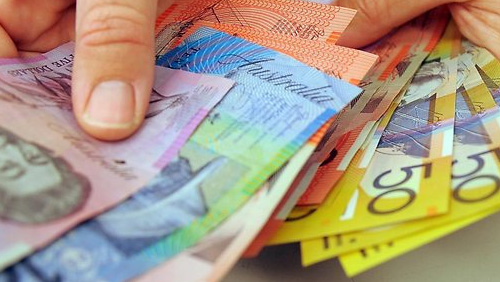Australia-licensed online betting firms have found refuge in Victoria after the state reportedly agreed to impose a less punitive online gambling point-of-consumption tax.
 The Guardian reported that Victoria, one of Australia’s two biggest states, has imposed a softer betting tax for online bookmakers.
The Guardian reported that Victoria, one of Australia’s two biggest states, has imposed a softer betting tax for online bookmakers.
Victoria State Treasurer Tim Pallas announced on Monday that online bookies in the state will have to pay an 8 percent point-of-consumption tax, lower than the 15 percent tax in the states of South and Western Australia.
Like Western Australia, Victoria’s point-of-consumption tax will take effect in January, according to the report. The new tax policy is also dependent on legislation passing the state parliament. Pallas said Victoria expects to collect an estimated AUD30 million (US$22.65 million) a year from the new tax regime.
“We’re making sure online betting companies pay their full share of tax in Victoria,” Pallas said, noting that the government has conducted several consultations with the industry and other stakeholders before coming out with the new tax.
Anti-gambling groups have been pressing the government to impose a 15 percent tax on online betting firms, with the funds going to hospitals and social welfare.
Online bookies, on the other hand, flinched at the idea of a 15 percent tax rate. They claimed that jobs would be put at risk if the tax rate will be that high since most online betting firms aren’t earning enough.
Meanwhile, local gambling operator Tabcorp wanted a national rate for online gambling firms.
Victorian racing industry officials expressed concern that these online gambling firms will either pull out of the state, together with millions of dollars of investments, or punish players with worse the odds if the government imposed a higher point-of-consumption tax rate.
“We don’t want to do any harm to that industry,” Pallas pointed out, as he defended the decision to move forward with the 8 percent rate.





